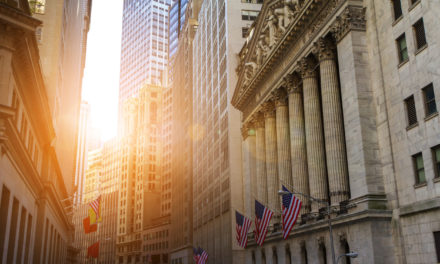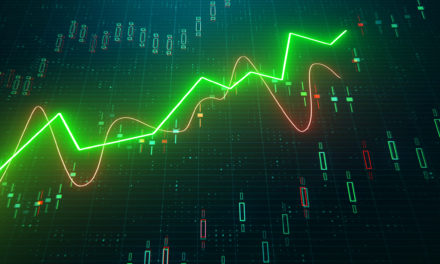
“Someone’s sitting in the shade today because someone planted a tree a long time ago.”
— Warren Buffett
The above quote from Warren Buffett is timeless, and brings into focus the choice about time horizon that any investor should think about before buying a stock they are considering. Behind every stock is an actual business; what will that business look like over a two-decade period?
Today, let’s look backwards in time to 2002, and take a look at what happened to investors who asked that very question about Duke Energy Corp (NYSE: DUK), by taking a look at the investment outcome over a two-decade holding period.
| Start date: | 11/18/2002 |
|
|||
| End date: | 11/17/2022 | ||||
| Start price/share: | $32.25 | ||||
| End price/share: | $95.52 | ||||
| Starting shares: | 310.08 | ||||
| Ending shares: | 811.20 | ||||
| Dividends reinvested/share: | $61.57 | ||||
| Total return: | 674.86% | ||||
| Average annual return: | 10.77% | ||||
| Starting investment: | $10,000.00 | ||||
| Ending investment: | $77,433.69 | ||||
As shown above, the two-decade investment result worked out quite well, with an annualized rate of return of 10.77%. This would have turned a $10K investment made 20 years ago into $77,433.69 today (as of 11/17/2022). On a total return basis, that’s a result of 674.86% (something to think about: how might DUK shares perform over the next 20 years?). [These numbers were computed with the Dividend Channel DRIP Returns Calculator.]
Notice that Duke Energy Corp paid investors a total of $61.57/share in dividends over the 20 holding period, marking a second component of the total return beyond share price change alone. Much like watering a tree, reinvesting dividends can help an investment to grow over time — for the above calculations we assume dividend reinvestment (and for this exercise the closing price on ex-date is used for the reinvestment of a given dividend).
Based upon the most recent annualized dividend rate of 4.02/share, we calculate that DUK has a current yield of approximately 4.21%. Another interesting datapoint we can examine is ‘yield on cost’ — in other words, we can express the current annualized dividend of 4.02 against the original $32.25/share purchase price. This works out to a yield on cost of 13.05%.
One more investment quote to leave you with:
“The individual investor should act consistently as an investor and not as a speculator. This means that he should be able to justify every purchase he makes and each price he pays by impersonal, objective reasoning that satisfies him that he is getting more than his money’s worth for his purchase.” — Benjamin Graham




